Children’s food
The composition and quality of the food we feed our children matters. Infants and young children require a nutrient-dense diet made from unprocessed and minimally processed foods that encourage a wide and varied diet. Ultra-processed foods, which are often high in salt, fat and sugar and which usually contain additives to make them shelf-stable or to enhance their colour and flavour, rarely support a good diet for young children. Food quality matters and we provide information on the composition of foods and drinks marketed to children in the UK, and on food additives.
Commercial baby food marketed in the UK
A wide range of foods are marketed for infants in their first year for young children. Many of these are both expensive and unnecessary, and many are high in sugars. As part of our work supporting eating well for infants and young children we review the composition of foods marketed for those age groups and consider how well they meet our current public health guidelines.
Milk and milk drinks marketed for children 1-4 years in the UK
Cows’ milk is commonly consumed by young children in the UK, and milk consumption in the early years is encouraged by food-based dietary guidelines because it is a good source of energy, calcium and other nutrients needed for health, growth and development. Into this space infant milk manufacturers market fortified milks, often called growing-up milks or toddler milks. But while popular among parents, these are not subject to any specific compositional, labelling or marketing regulations and they are unnecessary, costly and can contribute large amounts of free sugar to a young child’s diet. Lastly, recent years have seen a huge increase in the range of plant-based alternatives to animal milk on the market. Public health recommendations currently endorse the use of unsweetened fortified plant milks instead of animal milk if preferred (with the exception of rice milk) but there remains a lack of data on how families manage a plant-based diet for young children to provide context to the nutritional safety of this guidance.
Additives
Additives used in foods to add sweetness, colour and flavour are often unnecessary and there are concerns that some additives could be detrimental to the health of children and other vulnerable population groups. As part of our work we review the evidence and use of these additives, and make recommendations to limit potential exposure of children to these additives through the food products they consume in the UK.




